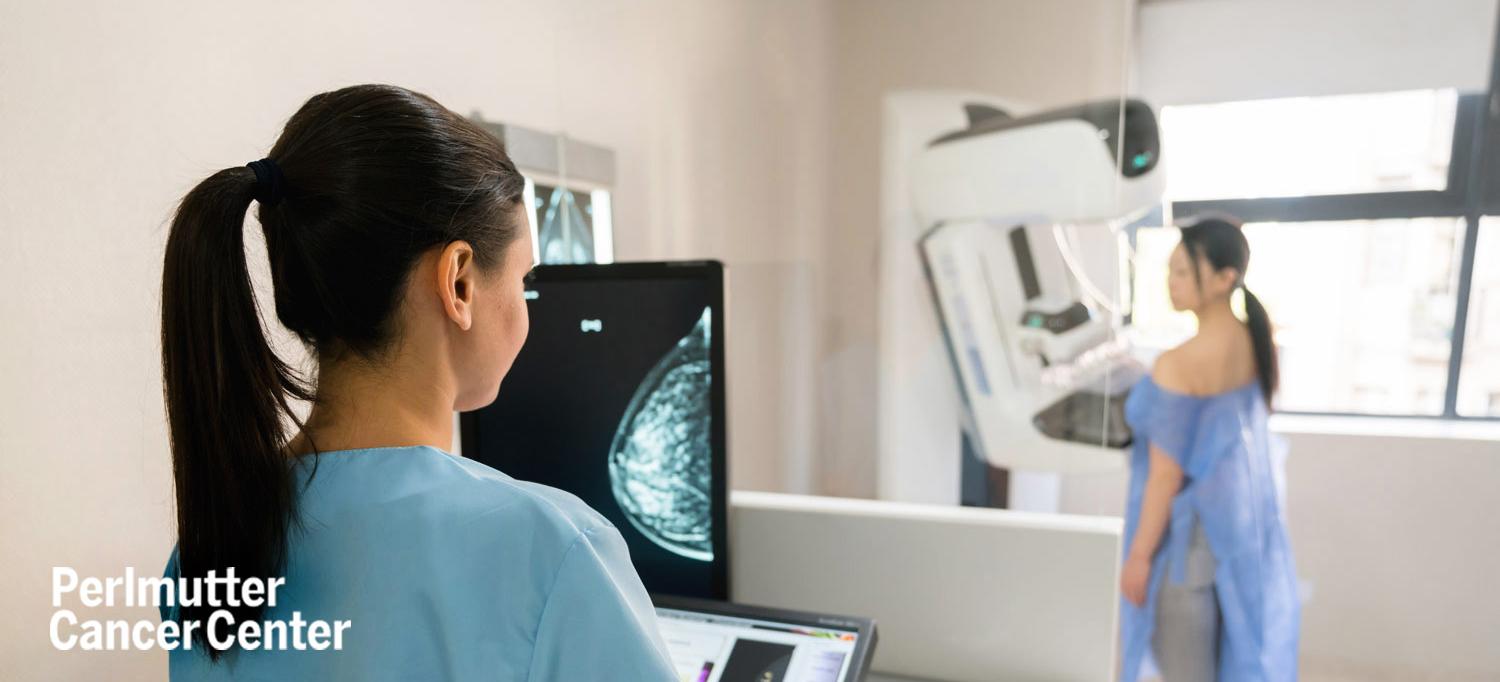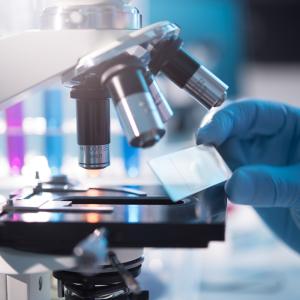
PHOTO: GETTY/ANDRESR
Anna Cheng, a 38-year-old mother of 3 who lives in Brooklyn, felt a lump in her left breast in late March, a few weeks after New York City had its first confirmed cases of 2019 coronavirus disease (COVID-19).
Anna called her gynecologist, who advised her to get a mammogram. After looking at her scans, the radiologist recommended a biopsy, which showed the presence of breast cancer. By that time in April, Anna was unnerved by the growing pandemic, but her bigger concern was getting the cancer care she needed.
“I was worried about the timing of it all—would I be able to safely receive the treatment I needed or would it be delayed?” Anna recalls.
She made an appointment with Deborah M. Axelrod, MD, at NYU Langone’s Perlmutter Cancer Center. Dr. Axelrod recommended a bilateral mastectomy after a genetic risk assessment with Julia A. Smith, MD, PhD, revealed Anna had a BRCA2 mutation, putting her at high risk for recurrence of breast cancer.
During the surgery on May 14, Dr. Axelrod removed 3 tumors and 21 lymph nodes, 10 of which tested positive for breast cancer.
“Anna was diagnosed with more advanced stage IIIB breast cancer, and—with the necessary precautions—we were able to safely treat her during the COVID-19 pandemic. If she had delayed her care, it could have resulted in a worse prognosis and made treatment more difficult,” says Dr. Axelrod.
Despite the pandemic, people who have signs or symptoms of cancer should not delay seeking help. For many types of cancer, early diagnosis gives people more options for treatment and also improves their chances for a successful recovery.
Doctors at Perlmutter Cancer Center urge people to get an evaluation if they have cancer-related symptoms. These can include fever, fatigue, unusual discharge or bleeding, a change in bowel habits, and new skin lesions or skin lesions that have changed in appearance.
“All our locations are safe for patients. We don’t want people to be afraid to seek help because delays in care could result in a less favorable outcome,” says Abraham Chachoua, MD, chief of medical oncology. Patients can schedule an in-person or video visit with a cancer specialist, if needed.
During her in-person appointments for diagnostic tests and doctor visits, Anna says she was put at ease by the measures the staff took to keep her safe—taking her temperature at the entrance, cleaning common surfaces, and spacing out patients’ appointments to maintain social distancing.
Anna’s main concern before her surgery was possible exposure to patients who were in the hospital for COVID-19 treatment. But Dr. Axelrod assured her that all physicians and staff at Perlmutter Cancer Center locations were being tested regularly among other precautions to keep patients safe. Anna also received a COVID-19 diagnostic test before her surgery and was housed on a floor that did not have people who were being treated for coronavirus.
“The team at NYU Langone and Perlmutter Cancer Center made everything so easy for me, despite the situation,” Anna says. “They handled everything for me so that I could focus on coping with my diagnosis.”
After recovering from breast reconstruction surgery, Anna is moving forward with her treatment, including chemotherapy and radiation therapy, in consultation with her oncologist, Marleen I. Meyers, MD.
“With COVID-19, I felt that if I took all the precautions, I could manage or control it to a certain degree. But I couldn’t control the cancer, and I’m glad that I got the treatment I needed at the right time,” Anna says.

